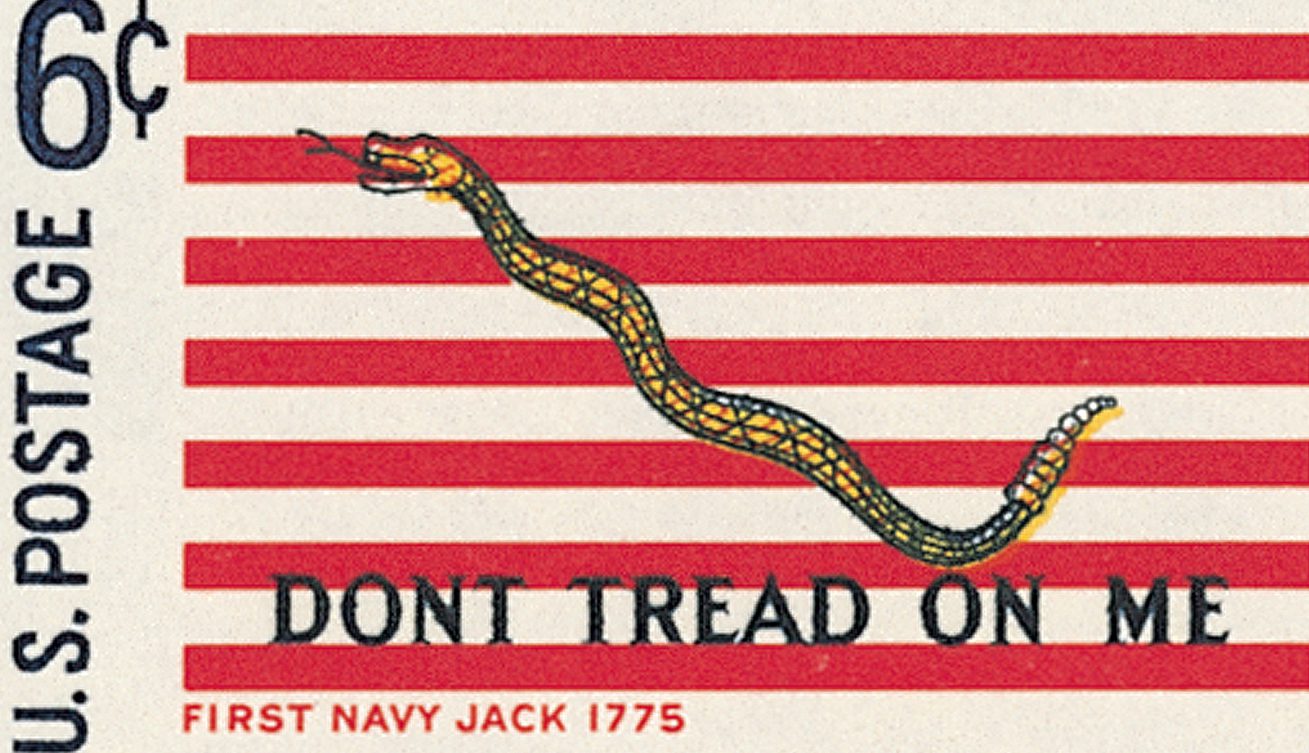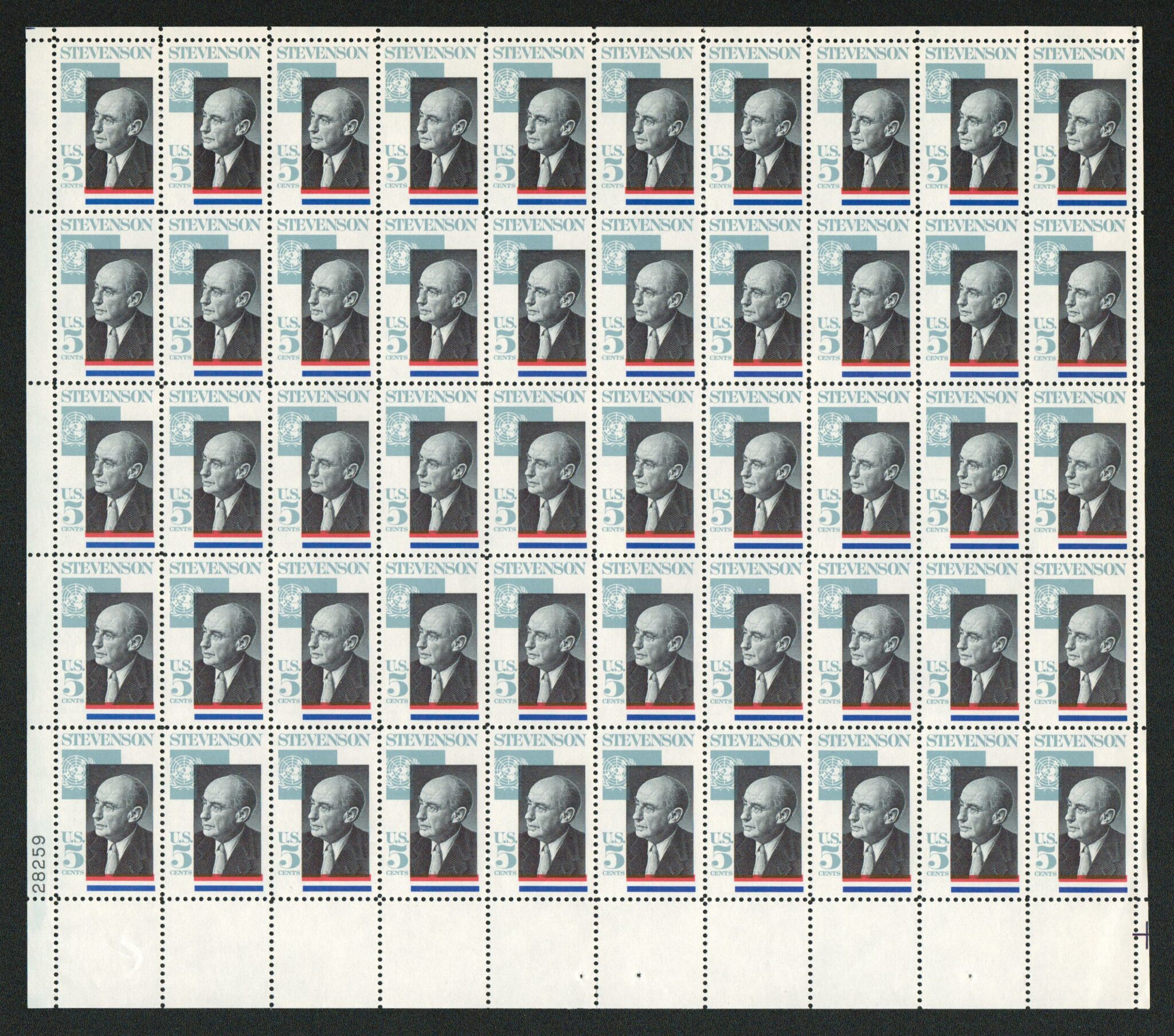Birth of Matthew C. Perry
The “Father of the Steam Navy” Commodore Matthew Calbraith Perry was born on April 10, 1794, in South Kingstown, Rhode Island. Perry is best known for modernizing the US Naval Academy and opening friendly relations with Japan.









